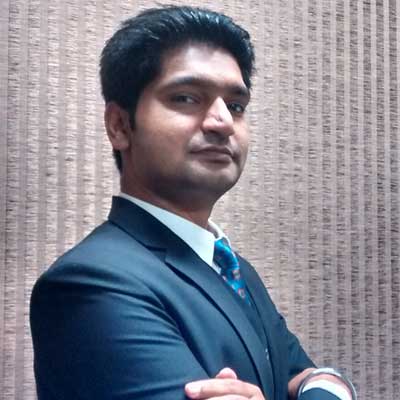Future of Higher Education in India | Ashutosh Shekhar Paarcha | Advocate | Supreme Court of India
An Analysis of the New Education Policy 2020
 The New Education Policy 2020 (“NEP”) is the third effort of the government, since independence, to improve the education system of India. It has replaced the 34-year-old education policy which was introduced in 1986. This policy is planned to be implemented completely by the year 2040. With this NEP, the government pledges to increase the investment in the education sector up to 6 % of the total GDP. Under this policy, the Ministry of Human Resource and Development has been renamed the Ministry of Education.
The New Education Policy 2020 (“NEP”) is the third effort of the government, since independence, to improve the education system of India. It has replaced the 34-year-old education policy which was introduced in 1986. This policy is planned to be implemented completely by the year 2040. With this NEP, the government pledges to increase the investment in the education sector up to 6 % of the total GDP. Under this policy, the Ministry of Human Resource and Development has been renamed the Ministry of Education.
NEP aims to achieve global standards of education. This has been done by introducing major changes in the curriculum of schools and colleges as well as teacher’s training program. The undergraduate students will be offered 4 years multi-disciplinary Bachelor’s program with Entry- Exit options. With these options, students will have relaxation to switch from one course to the other by transferring their credits and the liberty to exit the program at any time with a certificate, diploma, bachelor’s degree and bachelor’s research degree after completing 1 st , 2 nd , 3 rd and 4 th year of college respectively. A postgraduate degree will be of 1 year and 2 years for 4 and 3-year bachelor’s degree holder respectively. M.Phil will be discontinued. Academic Bank of
Credits will be established to aid students with the facilities of sabbatical leaves and credit transfer. It is aimed to achieve a 50% increase in Gross Enrolment Ratio (GER) by the year 2035. Top 100 colleges in the world will be permitted to open their branches in India.
Multidisciplinary Education and Research Universities (MERUs), at par with IITs, IIMs, to be set up as models of best multidisciplinary education of global standards in the country. The National Research Foundation will be created as an apex body for fostering a strong research culture and building research capacity across higher education. Higher Education Commission of India (HECI) will be set up as a single umbrella body for the entire higher education, excluding medical and legal education. HECI will have four separate verticals for regulation, standardization, funding and accreditation. Public and private higher education institutions will be governed by the same set of norms for regulation, accreditation and academic standards.
To ensure the quality of teachers, Common National Professional Standards (NPST) will be created by NCTE by 2022. NEP proposes to make 4 years integrated B. Ed program for teachers by 2030.
One of the major concerns over the NEP is its implements. Currently, the schools are ill-equipped and understaffed. It will be hard to include vocational training into the curriculum and also train and equip the schools for the same. Some concerns are also raised about NEP since it plans to impart education, up to class 5, to be in mother tongue or regional or local language.
This raises two concerns, firstly, that the movement of people, for jobs and other opportunities will be restricted, and secondly, that elimination of English as a medium of instruction in primary years of education will have retrograde effect on the development of the child. Various State governments has criticized NEP as no consultation has been made with them prior to implementation of the policy even though education is a concurrent subject.


